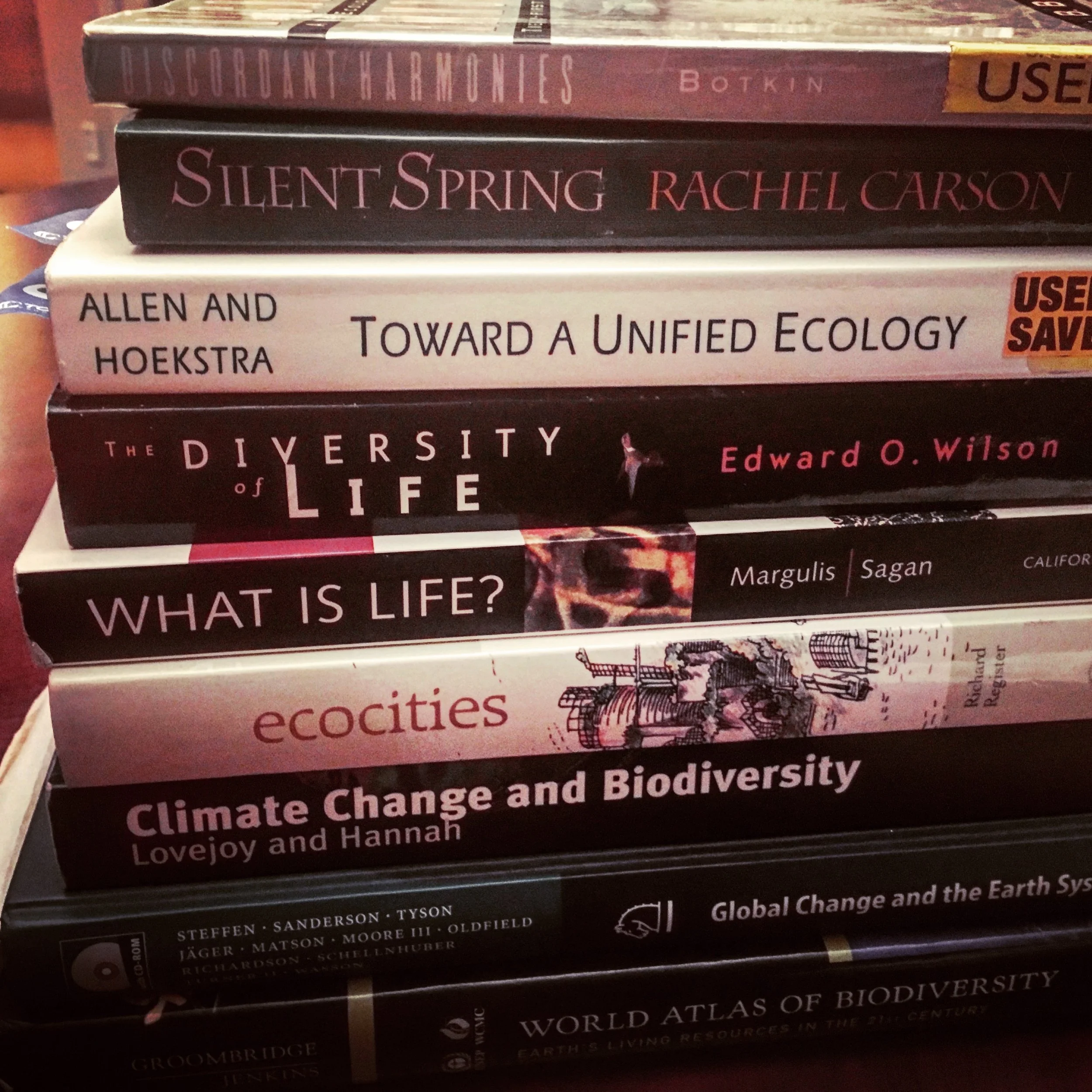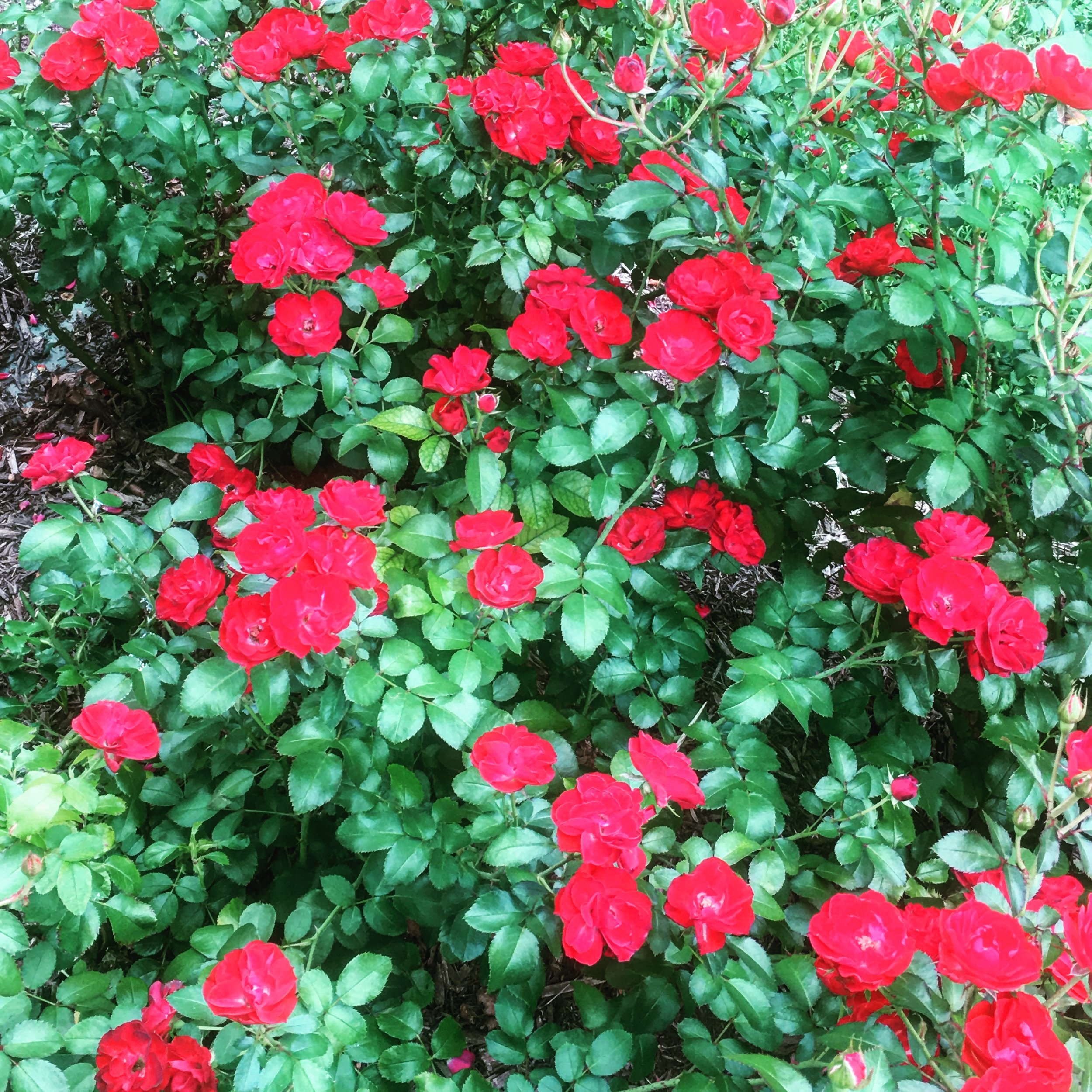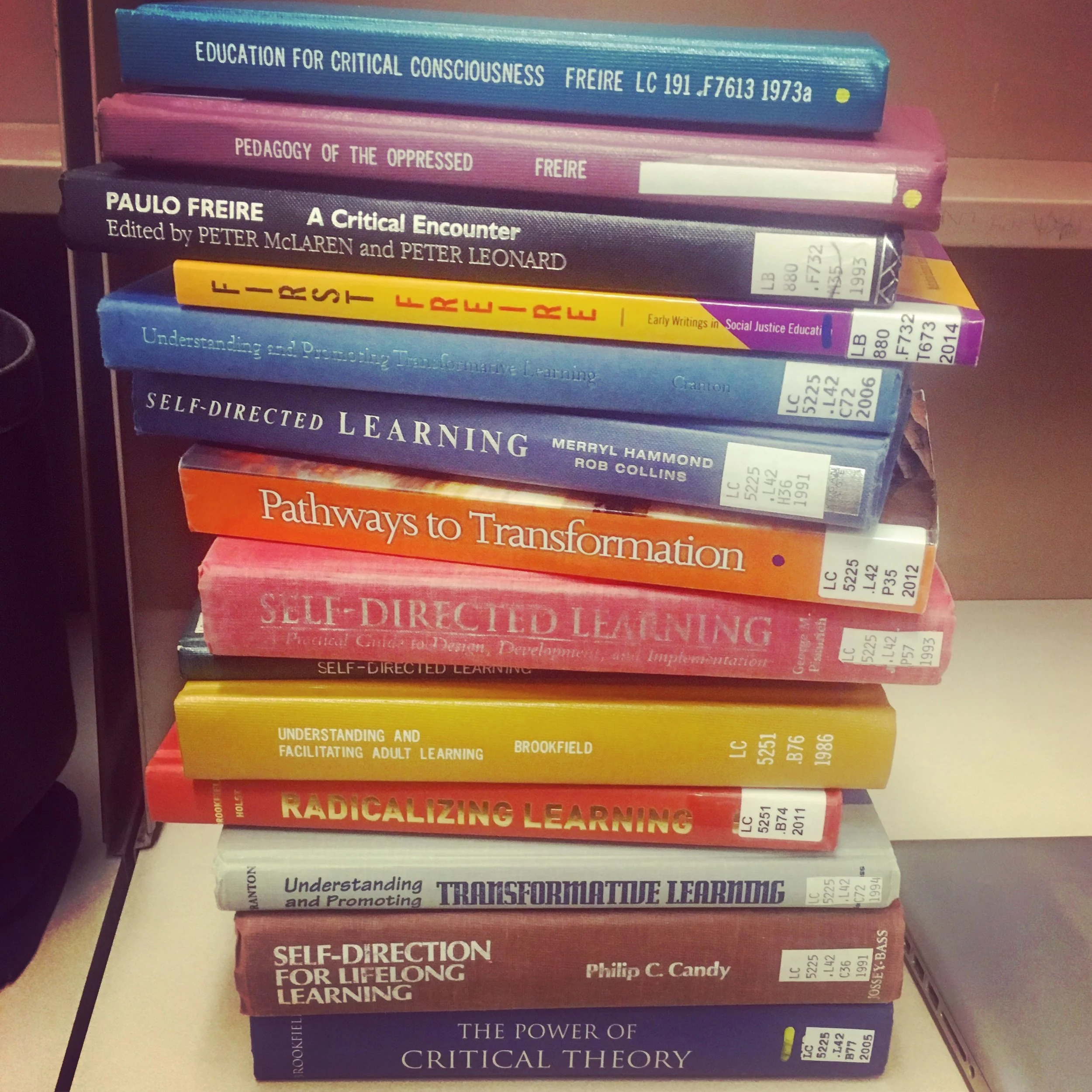I do not want to separate my work from “traditional” definitions of environmentalism, but I do want to differentiate it momentarily as I consider the difference between trying to fit lives into philosophies, rather than generating philosophies from experiences of everyday lives.
PURPOSE!
The purpose of this study is to explore how people I interview engage in Earth-based food, medicine, and spiritual practices in their everyday lives and why. Ultimately, I hope this exploration will help shape a narrative of Earth-based practice based on the experiences people have in their everyday lives. I hope this approach can offer an emerging narrative of environmentalism and environmental practice that is based in people’s relationships with their bodies, the planet, and the philosophies, theories, and systems of devotion that help them to maintain right relationship with themselves, other people, and the planet.
Physics, Metaphysics & Research as ME Time
spending time alone researching, reading, writing, philosophizing, making subtle distinctions, engaging in intellectual processes is necessary for me to show up in the world as a kind and loving human. It’s necessary for me to be open to experiencing connection, to being vulnerable with other people, to being compassionate and empathetic, and so much more.
Destiny Still Tryna Find the Best in Me: Science, Divination, and Owning My Calling to be a Researcher
I think Science (with a capital S) is a cultural system, a spiritual system. And, simultaneously, I believe that all cultural systems and spiritual systems are also scientific systems—ways of exploring the world, ways of discerning what is actually happening, ways of predicting the future. Even crazier (perhaps), I believe it’s possible to merge these different systems. I don’t believe in the separation of spirit and matter. And in reality, the separation of spirit and matter—even in western Science—is quite recent. A large piece of what I hope to contribute to the world lies in my ability to hold spirit and matter together in my own Scientific research, as a serious (formal) researcher.
Research as Spiritual Practice, Catalysts on the Journey & Fulfilling Your Destiny
I believe researchers must name why they do what they do on a personal level. I want you to know that my research isn’t just a job—it is one of the most personal and spiritual practices of my life. Given the public nature of this project, I want to be as clear as possible about my underlying motivations and intentions. I question the legitimacy of researchers who can’t do this, who don’t do this. It’s called a bias—everyone has one because there’s no such thing as objectivity. It’s problematic when people don’t know that they have bias or know what their biases are because certain perspectives are normalized.
Why Auto-ethnography???
I believe that most research connects to the lives and experiences of the researchers conducting it in some way. I use auto-ethnography as a research methodology because it requires me to connect my life and my experiences to my research. It goes deeper than naming one’s methodology or the way that one is positioned in her research. It requires the researcher to be specific, personal about what brought them to a certain topic, to researching a topic in a certain way, to asking certain questions, to the methods they use to collect and analyze data. This decreases the distance between the person doing research and the “other” people and phenomena the person is researching. It gives both a common point of reference (even if the experiences or people or identities are very different). It makes the research personal.
WTF does "Auto-ethnography" mean???
For example, today I attended the People’s Festival honoring Bob Marley in Wilmington, DE. If I were doing an auto-ethnography. I might write about the smell of jerk and the smoke wafting from a BBQ pit and use that experience as an opportunity to explore Jamaican/Caribbean food culture or the power of scent to elicit memory.
The Scientific Method & Asking the Right Questions
Every question is a locked room waiting to be explored. And often, it is also a book written in a foreign language--which is why solid research methods allow people to learn a lot more than they might have anticipated. I believe that asking the right questions is an excellent step to moving forward in life. Be sure, however, that you are prepared to receive the answers to the question being asked ...






